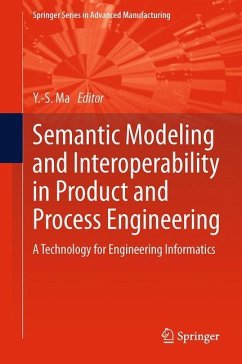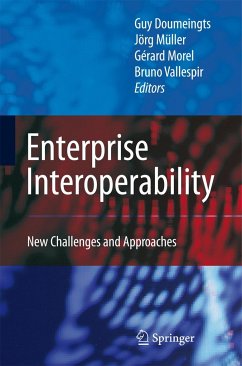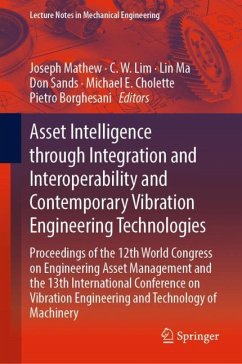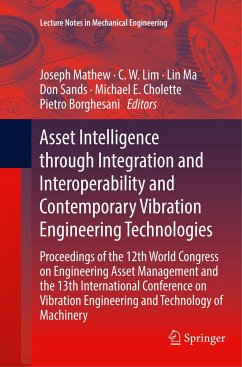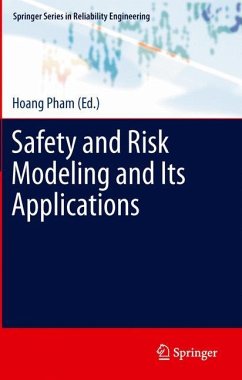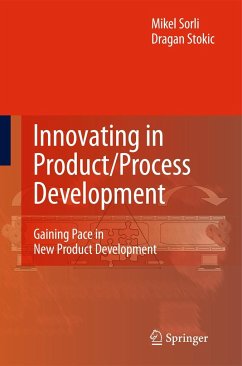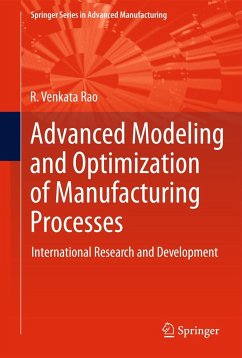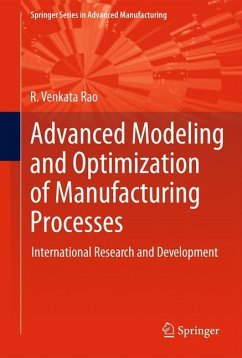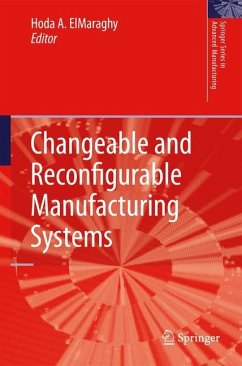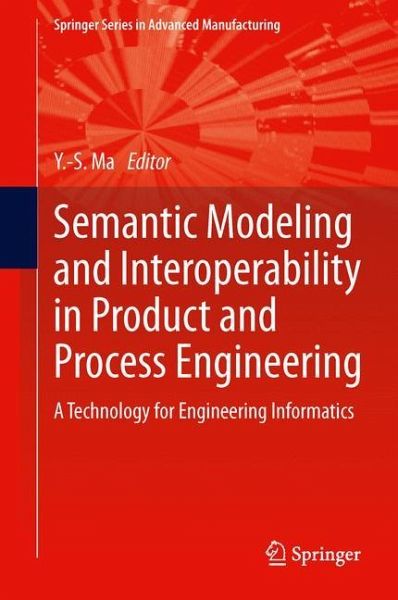
Semantic Modeling and Interoperability in Product and Process Engineering
A Technology for Engineering Informatics
Herausgegeben: Ma, Yongsheng

PAYBACK Punkte
61 °P sammeln!
In the past decade, feature-based design and manufacturing has gained some momentum in various engineering domains to represent and reuse semantic patterns with effective applicability. However, the actual scope of feature application is still very limited. Semantic Modeling and Interoperability in Product and Process Engineering provides a systematic solution for the challenging engineering informatics field aiming at the enhancement of sustainable knowledge representation, implementation and reuse in an open and yet practically manageable scale.This semantic modeling technology supports unif...
In the past decade, feature-based design and manufacturing has gained some momentum in various engineering domains to represent and reuse semantic patterns with effective applicability. However, the actual scope of feature application is still very limited. Semantic Modeling and Interoperability in Product and Process Engineering provides a systematic solution for the challenging engineering informatics field aiming at the enhancement of sustainable knowledge representation, implementation and reuse in an open and yet practically manageable scale.
This semantic modeling technology supports uniform, multi-facet and multi-level collaborative system engineering with heterogeneous computer-aided tools, such as CADCAM, CAE, and ERP. This presented unified feature model can be applied to product and process representation, development, implementation and management. Practical case studies and test samples are provided to illustrate applications which can be implemented by the readers in real-world scenarios.
By expanding on well-known feature-based design and manufacturing approach, Semantic Modeling and Interoperability in Product and Process Engineering provides a valuable reference for researchers, practitioners and students from both academia and engineering field.
This semantic modeling technology supports uniform, multi-facet and multi-level collaborative system engineering with heterogeneous computer-aided tools, such as CADCAM, CAE, and ERP. This presented unified feature model can be applied to product and process representation, development, implementation and management. Practical case studies and test samples are provided to illustrate applications which can be implemented by the readers in real-world scenarios.
By expanding on well-known feature-based design and manufacturing approach, Semantic Modeling and Interoperability in Product and Process Engineering provides a valuable reference for researchers, practitioners and students from both academia and engineering field.





